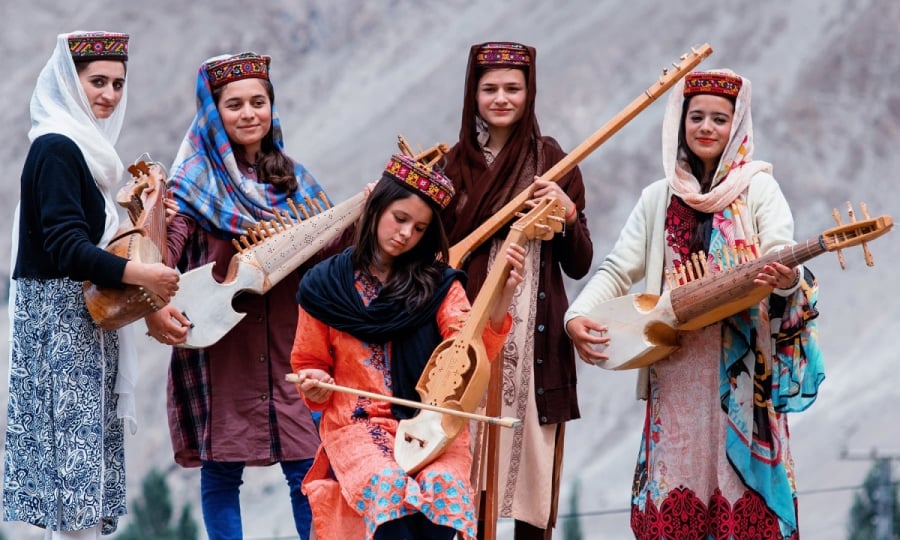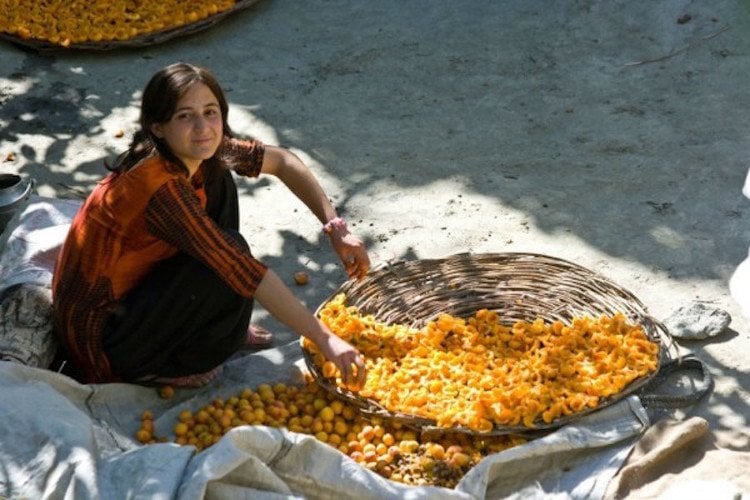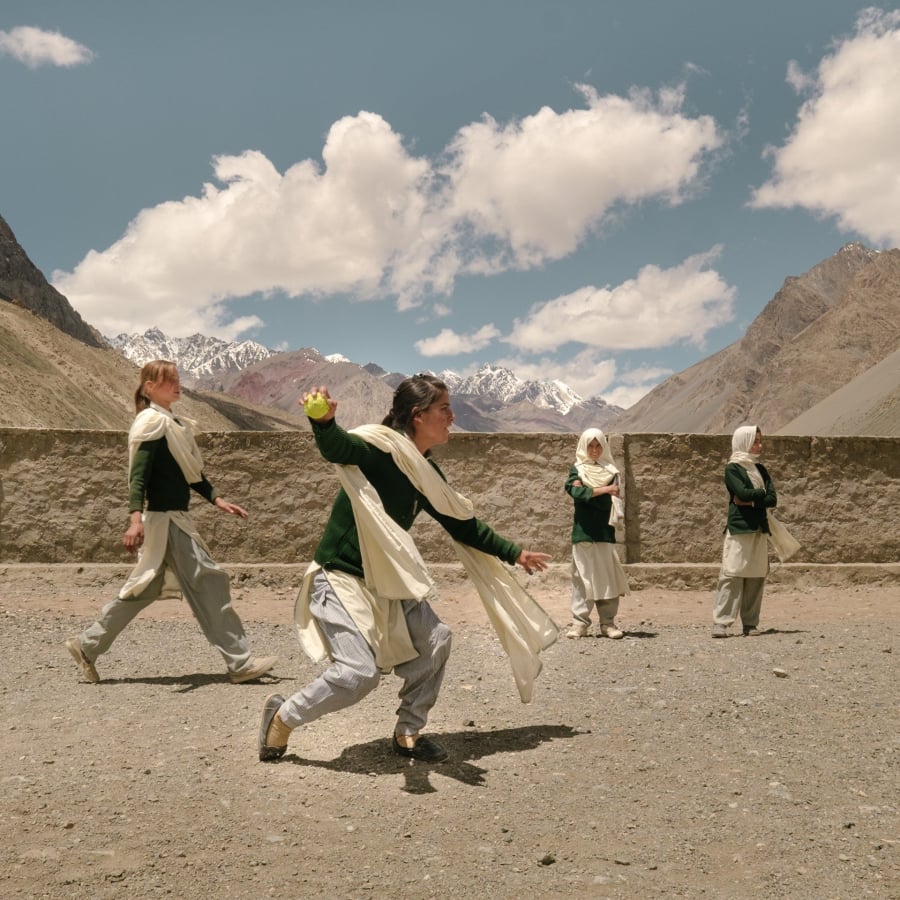The Hunza Valley, nestled in the northern region of Pakistan, sits at the crossroads of Xinjiang, China, and the Wakhan Corridor of Afghanistan. The region’s rugged geography and isolation from surrounding areas present significant challenges in accessing modern healthcare services for the locals. However, what sets Hunza apart is the extraordinary longevity of its residents. Scientific studies reveal that the average life expectancy in Hunza reaches a remarkable 100 years. Even more astonishing is the fact that women aged 40 to 50 years old retain their youthful appearance, while men remain robust and vigorous.

Scientific studies reveal that the average life expectancy in Hunza reaches a remarkable 100 years
What is the secret to the long life and robust health of the Hunza valley inhabitants?
Consumption of Apricot-based Products
In the Hunza Valley, apricots are not just a staple crop but also a symbol of healthy and prolonged life. The locals hold apricots in high regard, integrating them as an indispensable part of their daily diet and lifestyle.
Scientific research indicates that apricot kernels contain amygdalin, a compound known for its anti-cancer and anti-inflammatory properties. Almost every household in Hunza has at least one apricot tree, and they traditionally harvest the kernels during the summer for consumption.
Apricot oil is an integral component of the traditional Hunza diet. While it was once a laborious manual process, modern machinery has made the extraction of apricot oil much quicker and more efficient.
Thus, the consumption of apricot-derived products not only contributes to economic prosperity but also plays a crucial role in maintaining the health and longevity of the Hunza valley inhabitants.

Consumption of apricot-derived products contributes to both economic prosperity and the maintenance of health and longevity in the Hunza valley.
Limited Consumption of Processed Foods
The people of Hunza maintain a healthy lifestyle by minimizing their intake of processed foods. Their primary source of nutrition comes from locally raised livestock, ensuring that the meat they consume is always fresh and never frozen. As a result, fast-food outlets are a rarity in this valley.
Meals in Hunza are prepared daily with fresh produce sourced from local gardens and farms. Imported goods are absent from their diet, guaranteeing that their food is not only fresh but also nutrient-rich. This practice not only safeguards their health but also preserves the region’s long-standing culinary traditions.
Daily Physical Activity
One of the key contributors to the enduring health of the Hunza people is their commitment to daily physical activity. Many locals express their joy in staying active and moving continuously throughout the day.
It is common to see octogenarians and nonagenarians actively working and moving about in Hunza. Elderly family members engage in tasks such as herding cattle, shearing sheep, gathering firewood, and planting trees. They also participate in community activities like “rayaki,” which involves cleaning the high-altitude water channels each spring.
Tourists visiting the region have observed that the locals enthusiastically partake in sports such as cycling, ice skating, football, and stick games, further contributing to their dynamic and healthy lifestyle.

Daily physical activity is a cornerstone of the healthy lifestyle practiced by the people of Hunza.
Strong Community Bonds
In the Hunza community, the connection between individuals is a vital aspect of their sustainable and happy existence. The villages and hamlets in the valley are closely knit, and the residents care for and respect one another, especially the elderly. Consequently, concepts like retirement homes or old-age homes are non-existent in Hunza.
Additionally, Hunza is renowned for its safety, with minimal crime or theft. This sense of security fosters a relaxed, cheerful, and stress-free environment, contributing to the overall health and longevity of the community. The absence of stress and the prevalence of joy in daily life help maintain the youthfulness and vigor of the Hunza people.









